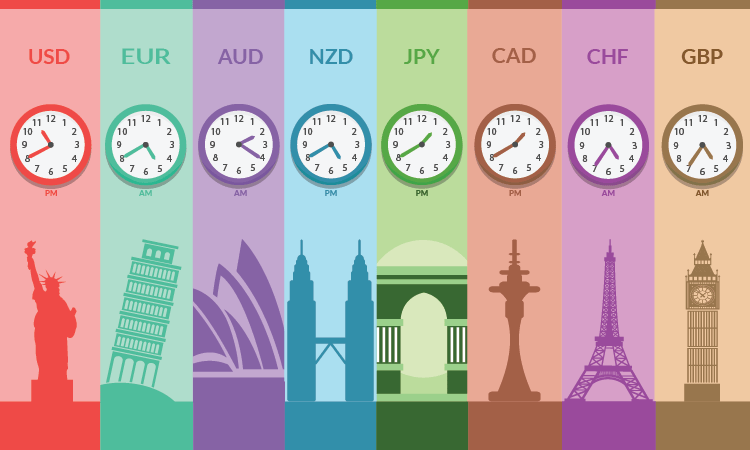Published on August 19, 2025 | Reading Time: 8 minutes Amibroker Crypto currency data Introduction:…
amibroker forex data feed plugin.
All forex pair real-time data in amibroker
Forex Currency pair 1833 symbols avaiable in amibroker
Forex 20 years EOD data in amibroker – Forex Realtime tick by tick data in Amibroker
Forex 1833 symbols – All Forex Symbols Download Link
Forex & Currencies Trading Forex Trading
The forex market is the largest financial market in the world. Trading in the forex is not done at one central location but is conducted between participants by phone and electronic communication networks (ECNs) in various markets around the world.
The market is open 24 hours a day in different parts of the world, from 5 p.m. EST on Sunday until 4 p.m. EST on Friday. At any point in time, there is at least one market open, and there are a few hours of overlap between one region’s market closing and another opening. The international scope of currency trading means there are always traders across the globe who are making and meeting demands for a particular currency.
Currency is also needed around the world for international trade, by central banks, and global businesses. Central banks have particularly relied on foreign-exchange markets since 1971 when fixed-currency markets ceased to exist because the gold standard was dropped.1 Since that time, most international currencies have been “floated” rather than tied to the value of gold.
KEY TAKEAWAYS
- The forex market is open 24 hours a day in different parts of the world, from 5 p.m. EST on Sunday until 4 p.m. EST on Friday.
- The ability of the forex to trade over a 24-hour period is due in part to different international time zones.
- Forex trading opens daily with the Australasia area, followed by Europe, and then North America.
- As one region’s markets close another opens, or has already opened, and continues to trade in the forex market.
Foreign Exchange (Forex) Definition
The Reasoning Behind Around-the-Clock Trading
The ability of the forex market to trade over a 24-hour period is due in part to different international time zones, and the fact trades are conducted over a network of computers rather than any one physical exchange that closes at a particular time. For instance, when you hear that the U.S. dollar closed at a certain rate, it simply means that was the rate at market close in New York. That is because currency continues to be traded around the world long after New York’s close, unlike securities.
Securities such as domestic stocks, bonds, and commodities are not as relevant or in need on the international stage and thus are not required to trade beyond the standard business day in the issuer’s home country. The demand for trade in these markets is not high enough to justify opening 24 hours a day due to the focus on the domestic market, meaning that it is likely that few shares would be traded at 3 a.m. in the U.S.


